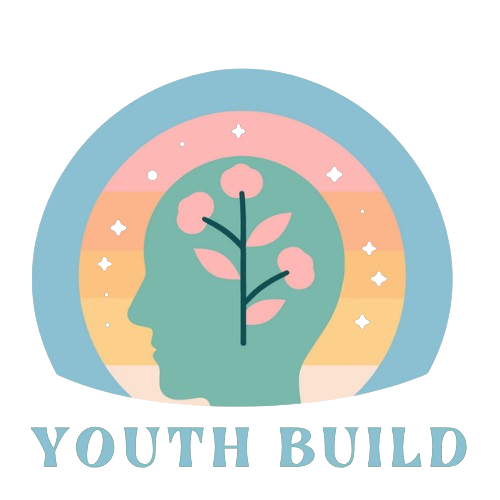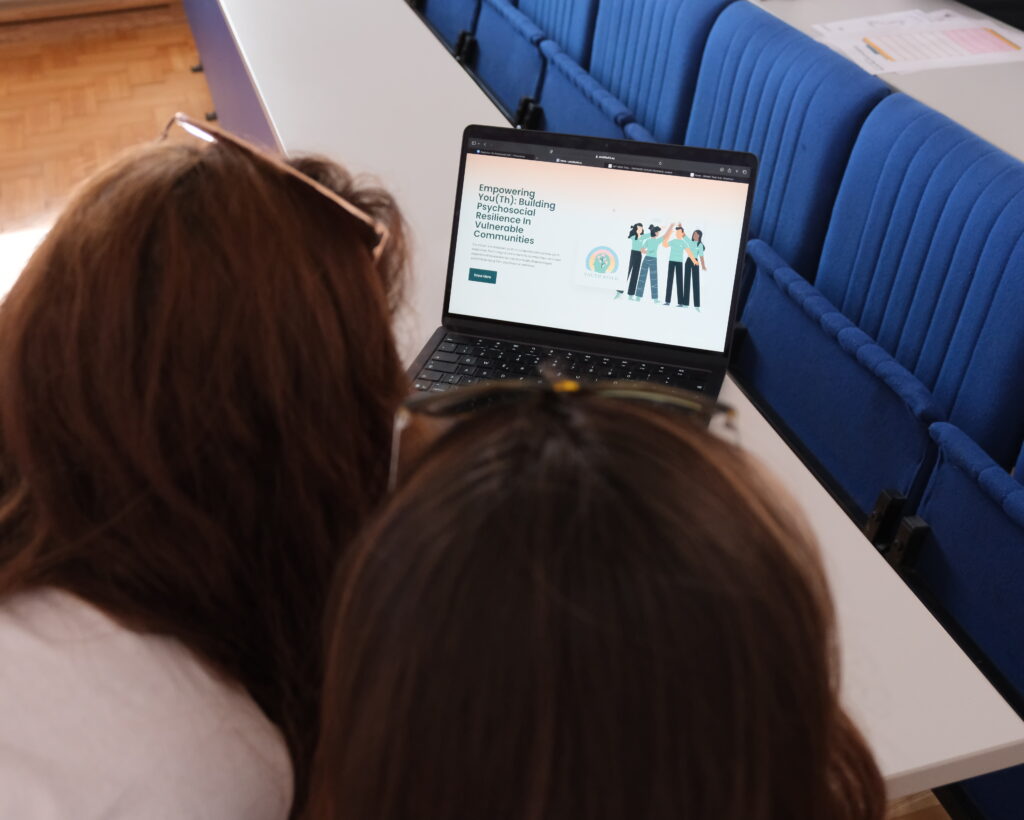Blog
Explore more about Youth Build

Piloting Success: Youth Workers Across Europe Test the YOUTH BUILD Resilience Tools

The YOUTH BUILD project has officially completed its piloting phase! Over the past months, more than 30 youth workers, educators and volunteers across partner countries tested the first versions of the project’s main outputs:
Resilience Assessment Compass (self-assessment tool for youth)
Strengths-Based Resilience Coaching Cards
Methodological Guidelines for Youth Workers
The aim of the piloting was to check:
✔ Are the tools practical and easy to use?
✔ Do they help youth reflect, express themselves, and develop resilience?
✔ What should be improved before finalisation?
Where Did Piloting Take Place?
Piloting sessions were organised by partner organisations in:
Estonia – with youth workers working with intellectually disabled youth
Croatia – with youth workers supporting migrant youth, rural youth and NEET youth
Poland – with youth mentors, adult educators and psychosocial support staff
Other partnering countries involved small local piloting groups
More than 30 youth workers and volunteers participated actively, using the tools during workshops, one-on-one mentoring and youth group activities.
iloting the Resilience Assessment Compass
How it was used:
Youth workers guided young people through the self-assessment process
Individual or small group sessions lasted 30–60 minutes
Youth completed different sections (emotional, social, coping, mindset…) using worksheets and reflection prompts
What youth workers said:
✔ Helpful for starting deeper conversations
✔ Clear structure and youth-friendly language
✔ Helped them understand hidden needs and strengths of youth
✘ Some youth needed easier wording or visual icons
✘ A shorter version is useful for low-attention-span groups
Piloting the Strengths-Based Resilience Coaching Cards
How they were used:
In one-to-one mentoring, group circles or creative workshops
Youth selected cards like “What helps you stay calm?” or “What is something you’re proud of?”
Youth workers used follow-up questions to deepen reflection
Feedback from piloting:
✔ Cards helped shy youth to talk more openly
✔ Great tool for emotional expression and building trust
✔ Easy to combine with drawing, journaling or storytelling
✘ Some needed simpler language or pictograms
✘ Suggestion to add blank cards for personal questions
What Youth Workers Liked Most
✔ Tools are strengths-based, not clinical or judgemental
✔ Flexible: can be used in schools, NGO centres, camps, therapy rooms
✔ Help build trust, self-awareness and emotional vocabulary
✔ Create structure for coaching, but still allow creativity
✔ Useful both for group work and individual mentoring
Challenges Noticed During Piloting
| Challenge | How Youth Workers Handled It |
|---|---|
| Some youth felt nervous being “assessed” | Explained it’s not a test, only a tool for self-reflection |
| Long sessions were tiring | Split into smaller sessions or used only selected cards |
| Difficult language or abstract questions | Youth workers rephrased, used examples or visuals |
| Youth with trauma were triggered | Allowed “pass” option and ensured emotional safety |
“The cards helped my group speak about emotions for the first time. They didn’t feel like therapy, but like a conversation they could lead.”
— Martina, Croatia
“The Compass helped me see which youth felt hopeless inside but never said it out loud. It’s a mirror for both them and us.”
— Jolanta, Poland
Check Other Posts

This project has been funded by the Erasmus+ Programme of the European Union (Project N. 2023-2-EE01-KA210-YOU-000168327).
The European Commission support for the production of this publication does not constitute an endorsement of the contents which reflects the views only of the authors, and the Commission cannot be held responsible for any use which may be made of the information contained therein.
